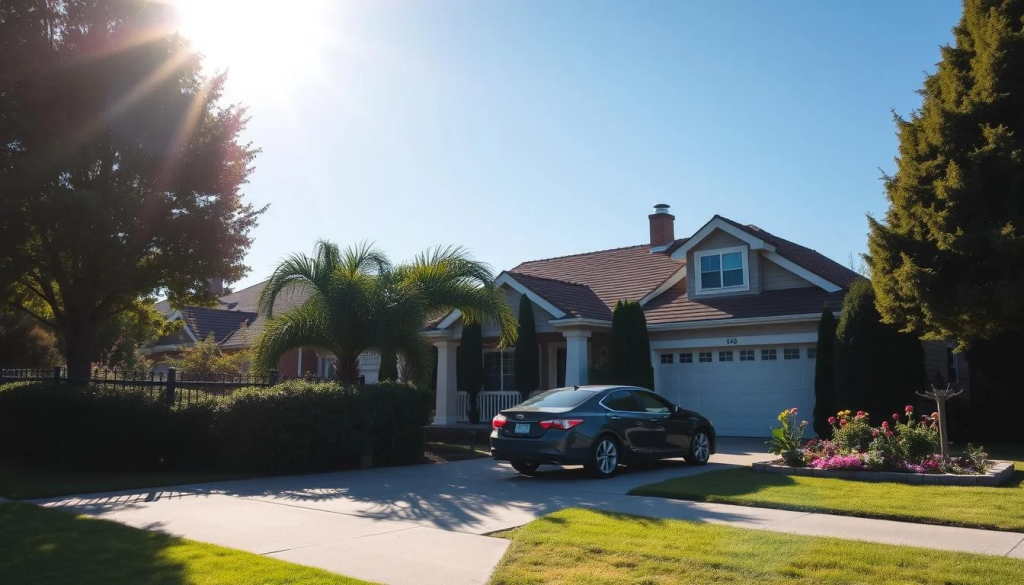When it comes to protecting what we value most, having the right insurance is crucial. Two types of insurance that many people have are vehicle insurance and homeowners insurance. While they serve different purposes, they work together to provide comprehensive coverage for your assets. Let’s explore how these insurance types function and how they can benefit you.
Vehicle Insurance
Vehicle insurance is essential for anyone who owns a car, truck, or motorcycle. It not only protects your vehicle but also safeguards you from financial losses due to accidents or theft. When you have vehicle insurance, you typically pay a monthly premium to your insurance company. In return, they cover certain costs related to accidents, damage, or theft.
There are several types of vehicle insurance coverage. The most common include:
- Liability Insurance: This covers damages to other people’s property and medical expenses if you cause an accident. It is often required by law.
- Collision Insurance: This helps pay for repairs to your vehicle if you’re in an accident, regardless of who is at fault.
- Comprehensive Insurance: This covers damages to your vehicle from non-collision incidents, like theft, vandalism, or natural disasters.
Having a good vehicle insurance policy not only protects your investment in your vehicle but also ensures that you won’t face huge financial burdens if an unexpected event occurs. It gives you peace of mind knowing that you have coverage in place, which is especially important when you rely on your vehicle for daily activities.
Homeowners Insurance
Homeowners insurance is another critical piece of the protection puzzle. This insurance covers your home and personal belongings from various risks, including fire, theft, and certain types of water damage. Like vehicle insurance, homeowners insurance involves paying a premium to an insurance company, which then provides financial protection when needed.
Homeowners insurance typically includes:
- Dwelling Coverage: This protects the physical structure of your home from covered risks, such as fire or severe weather.
- Personal Property Coverage: This covers your personal belongings, like furniture and electronics, if they are damaged or stolen.
- Liability Protection: This protects you if someone gets injured on your property and decides to sue you. It can help cover legal fees and medical expenses.
Having homeowners insurance ensures that your home and belongings are protected from unexpected events. It allows you to recover financially from damages or losses, giving you peace of mind in knowing your home is safe.
How They Work Together
While vehicle and homeowners insurance serve different purposes, they complement each other in protecting your assets. For instance, if you experience a significant loss, like a fire that damages both your home and your vehicle parked in the driveway, having both types of insurance ensures you have coverage for both situations.
Furthermore, many insurance companies offer discounts if you bundle your vehicle and homeowners insurance. This not only saves you money but also simplifies your insurance management. With one company handling both policies, it’s easier to keep track of your coverage and payments.
Conclusion
In summary, vehicle insurance and homeowners insurance are vital in safeguarding your assets. They provide financial protection against accidents, damage, and unexpected events.
By understanding how these insurances work together, you can ensure comprehensive coverage that helps protect your investments and gives you peace of mind. Remember, life is unpredictable, but with the right insurance in place, you can face challenges head-on, knowing you have a safety net to rely on.
